“Being a part of this Critical Hope series inspires students like me to occupy and lead ‘change-making’ now, and in the future. I look forward to how the workshop will express practical and tangible solutions/examples while also allowing me to answer and challenge my personal questions about the need for dramatic change in the world. Often these questions are faced with pessimism rather than optimism. I hope the workshop further encourages the need to have critical hope as a foundation of my current understanding of development literature and practices. Additionally, critically engaging with peers in ideas of critical hope and change-making opens up a fresh space for us to occupy and enable for the future.”
Introspective reflection from one of our friends
Upon entering the room, there was an excited yet confused buzz that was going around the tables as people were queuing up to sign the consent forms for taking pictures. Nobody knew what to expect – some had signed up just to put the extracurricular experience on their CV, others were eager to dissect the critical topics in question, some were just there because their friends dragged them. Unbeknownst to us, this would become a safe haven and a platform where we could express our rawest political and sociological ideas for the next three months, learning from the experience of those who came before us in order to lay the foundations of our own pathways. We laughed, we learned, we spent time with friends and made new ones along the process of actively and radically unlearning the internalised oppressive nature of the world around us.
Now looking back on what we hoped to gain from these workshops in the Making Critical Hope Practical series, which had been organised by four tutors in the International Development department, we can definitely say that our thought process on what Critical Hope is has been changed. The workshops have reinforced Critical Hope as the foundation of our current understanding of development literature and practices. This does not mean that we view the world through rose-tinted glasses, but rather, our perspective of current development challenges is much more grounded in real world examples that begin from Brighton. If we want Critical Hope to work we must be realistic and honest with ourselves, though solutions may not be drawn out immediately, there is a beauty in the chaos of negotiating what Critical Hope looks like.
Having postgraduate and undergraduate students in the same space with similar focuses and goals made the workshops a vibrant hub for passionate young thinkers to come together. The workshops brought vastly different experiences and pathways together; a time and space where lecturers, undergraduate and postgraduate students alike sat together, working, collaborating, striving towards a common goal – attaining Critical Hope for the world we live in. Critical hope became an embodied experience.
Below, we share our key takeaways from each week.
Week 1: Jess Leigh, Our Streets Now
Jess’s session on Gender and Equality that was vibrant and colourful just as herself. Given the fact that it was the first session, we did not necessarily know what to expect from the workshops themselves, but with her as a guest speaker we were sure to have an interesting ride. Jess’s passion and experience in advocating for women’s rights, equality and emancipation inspired the 30-ish buzzing students that attended the workshop.
The session shed light on important aspects of the reaffirmation of gender roles and division in a tightly woven web between everyday life, traditional beliefs, commercial enterprises and overarching politics. Through the session we were able to appreciate how deeply ingrained into a capitalist society certain gender norms are – from toys and hobbies that are labelled “boyish” or “girly” to gendered professions and positions within high power. Jess’s session allowed us to think critically through the oppressive limiting structures that invisibly surround us and make a radical breakthrough on our lived experiences.
Week 2: Melanie Rees, The Green Centre
Similarly, Melanie’s session was both practical and engaging, we were given handouts which broke down the various ways household items could be recycled and some of the key places in and around Brighton to throw our rubbish away. Her Brighton based organisation emphasises the importance of maintaining a sustainable standard of living, holding companies and individuals to account. Melanie was very open and transparent about her own struggles of finding hope in such a broken world, until she decided to set up a table stall in Hove and share the importance of recycling and maintaining a sustainable standard of living.
This initiative was a wakeup call for us to take the earth seriously, and that small habits will contribute to bigger change. From keeping the lids on soft drink bottles, to properly separating our plastics from paper so that it is easier to process and recycle our waste. Sometimes critical hope isn’t flashy, or ‘the next big thing that everyone must follow’. It could be very simple solutions like building on smaller habits which over time will contribute to greater change. Critical hope can be practical, it may seem mundane at times but you just have to keep at it.
Melanie’s presentation focused on “curb-side” recyclable objects, places in Brighton, where you could recycle other domestic waste and the amounts of recycling cycles they could undergo. It was inspiring to see how well she commanded the topic and how efficiently she was trying to disseminate the presentation to us. Whilst there were some quiet jokes that we were back at elementary school, they were soon silenced by the noise of 30 pens pacing across the papers in order to fill the crucial information. There we were – 30 students who believed they understood how the circular economy works, carefully listening to the do’s and don’ts of the recycling world. I guess the jokes about being taken back to elementary school were not that far off the mark.
The final part of Melanie’s session entailed working in teams to create a presentation about the carbon footprint and half-life of select household items. There was a hectic rustle and bustle as we were getting ready to look for the corresponding information on the internet, every table a vibrant hub of people working, learning and sharing together.
Week 3: Jools Lawton, Fork and Dig It
The connection with nature – physical and spiritual, dictated everything we did that afternoon. Deweeding, digging the ground and smelling the fresh veg was like therapy (or a therapeutic experience). There was a sense of joy around the students and lecturers when working together to tend the ground. There was something humbling and conciliatory in this experience and we left the session feeling refreshed, re-energised and much more connected to the nature within and around us.
For the agroecology session we started off with a beautiful field trip across Stanmer Park, which allowed us to catch up with friends or talk to people we had not talked with before. We went up to the Fork and Dig It allotment and met one of their members, Jools Lawton. They are a community food growing project with a strong commitment to organic principles. We were split into two groups – the first started directly removing weeds from one of the soon-to-be-sowed plots of land, whilst the other were quickly briefed into the purposes and activities of the organisation. Whilst some of us were becoming inherently grounded with the surface beneath us, the others were eager to understand about the way that a circular agroecology works.
Week 4: Stephen Silverwood, Refugee Radio and Lette Batten-Turner, Conversation over Borders
In this session we spent time critically analysing Britain’s migration laws. Learning about the oppressive nature of British immigration laws and the subhuman conditions in which refugees and asylum seekers were typically treated definitely left a lasting impression on us.
One of Stephen’s and Lette’s friends also came along to share his story within the asylum system. By shining a light on his “success” story, the session showed us that despite the structural racism and outright xenophobia that the system perpetuates, with efforts, patience and (unfortunately) a lot of struggle people who are seeking to change their lives had a chance to do this here. The story also highlighted the importance of people such as Lette and Stephen – people from inside the system looking to help out those who are struggling to get in.
During this workshop we were also given the opportunity to actively listen to one another and listen to the stories of our fellow peers. Lette’s organisation Conversations over Borders show us the importance of listening to one another. This has an important part to play in how a person’s story is shared. Namely, there is a level of care that one should show, in a sense they are vitally important contacts to the people they may be communicating with – they are an intercessor, someone who is helping to give another a voice.
Week 5:
The last session gave us a chance to come together and reflect on the stories of critical hope and how we can integrate these into university life and teaching. We took time to brainstorm, mind-map and discuss the various topics we encountered and what things stood out to us. Seeing all the different coloured pens, stickers and post-it notes reminded some of us of our primary school days where our imaginations could ‘run wild’. In a similar sense, Week 5 gave room for creativity; the chance to think beyond academic research and focus on what kinds of lesson content and teaching methods could improve our understanding of Critical Hope.
Additionally, going around from table to table to listen to the different ways our peers thought about critical hope and the things they learned from each week was encouraging. A highlight in this session was listening to how our teaching staff were also inspired by our attitudes and thinking as a Critical Hope cohort and how for themselves, the Critical Hope series was a timely intervention.
However, what was most significant to some was the food during this session. We had a freshly prepared vegetarian/vegan Thai meal provided by Koong’s Kitchen. The food was wonderful, and lots of discussions were had over where the food comes from, how it is cooked, and how it reminded some peers of their own homes. This may be insignificant to some, but you may want to start thinking about food being a hope making practice. Food represents community, collaboration, and culture. That is what we aim to cultivate here at Sussex, of course not just through food, but in a more serious sense, to inspire students to look beyond academics and bring their stories to the fore.
In that sense, the Making Critical Hope Practical workshops embodied everything the university stands for – critical thinking, inclusivity and acceptance. They also allowed us to develop a specific mindset of collaboration, tolerance and change. These skills are easily translated into our future everyday lives and professional endeavours.
As eloquently embodied by one of our friends from the workshops:
“Also wanted to say a massive thank you for the Critical Hope Workshops. They were really fantastic and helped me be more confident in a recent (successful!) job interview.
I’m hoping to carry over the skills I learnt from the workshops into my new job which is a new project by Cambridge University trying to collate new forms of community-based data to make policy planning more accessible based on Anglesey.”
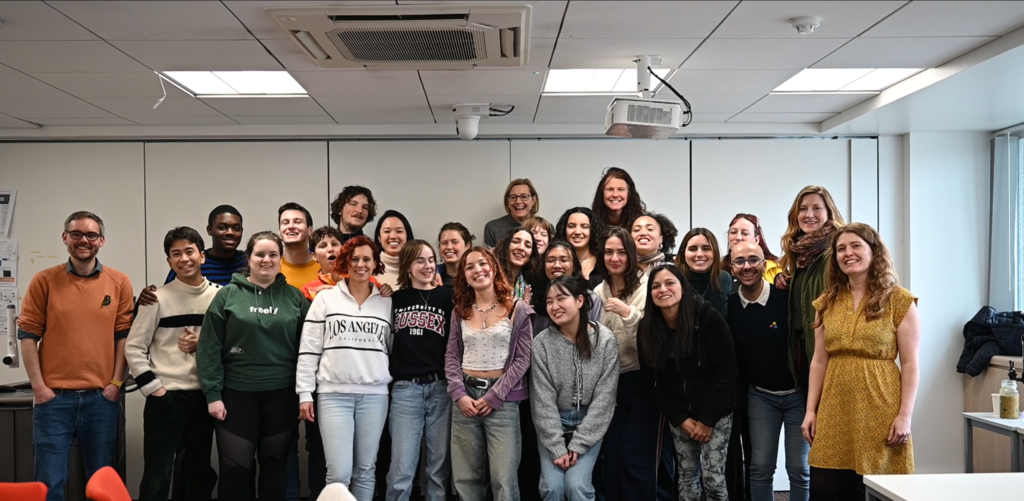
Here is the link to a video put together by Ayen Dela Torre about the workshops and what critical hope is all about (thank you so much for documenting each week!):
This blog post was written by David hMensa and Petar Tabar. The project was supported by an Education and Innovation Fund grant from the University of Sussex.
All photos featured are credited to Ayen Dela Torre
Some additional photos just because we looked cool:


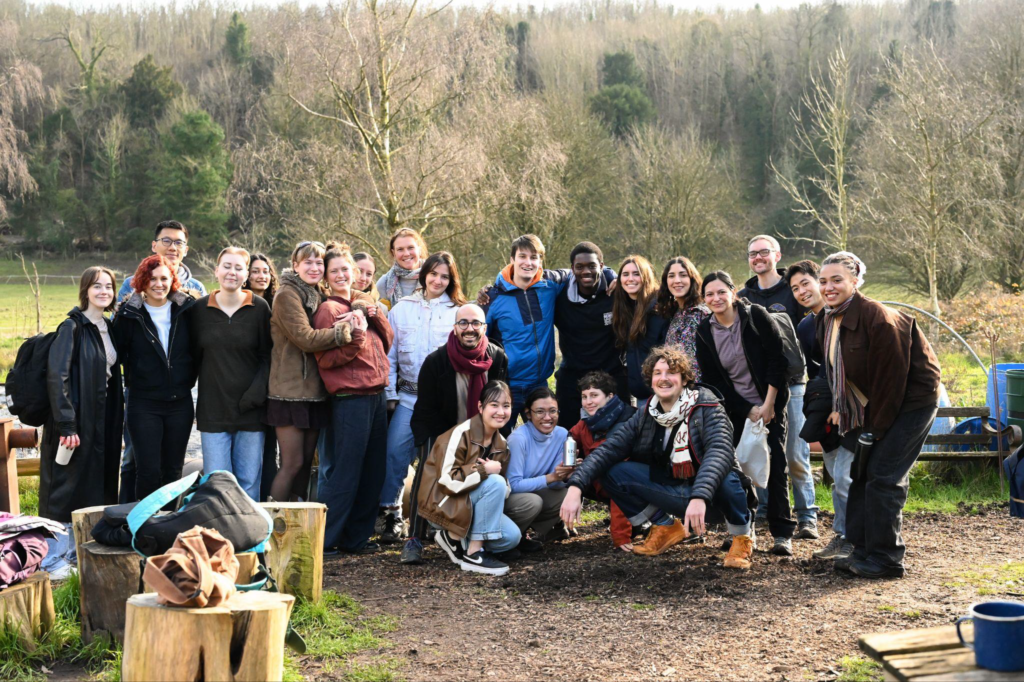



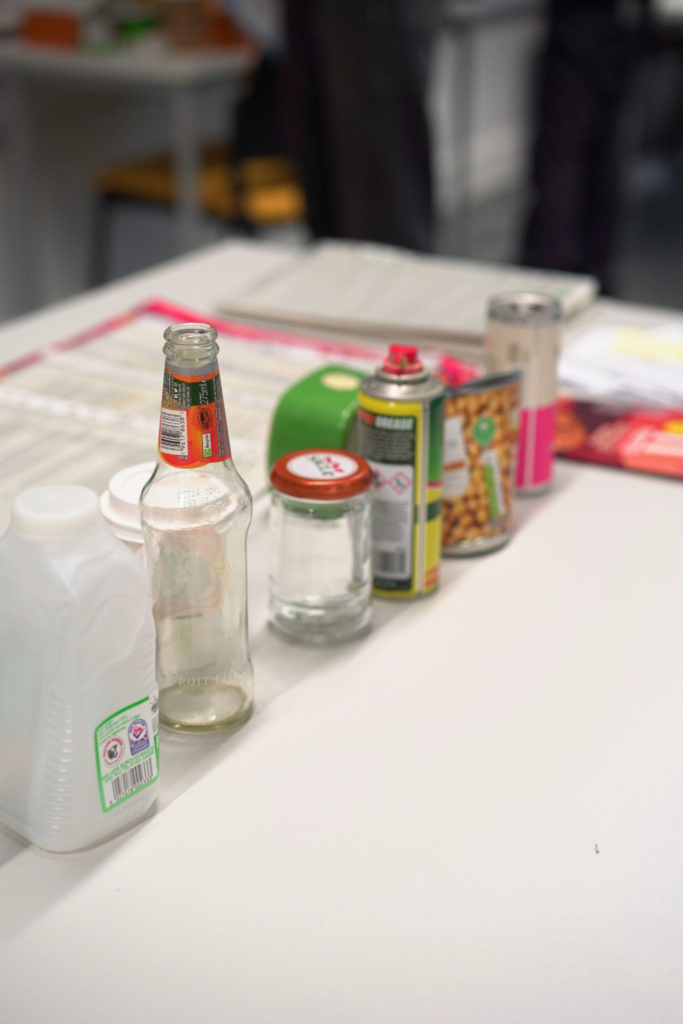




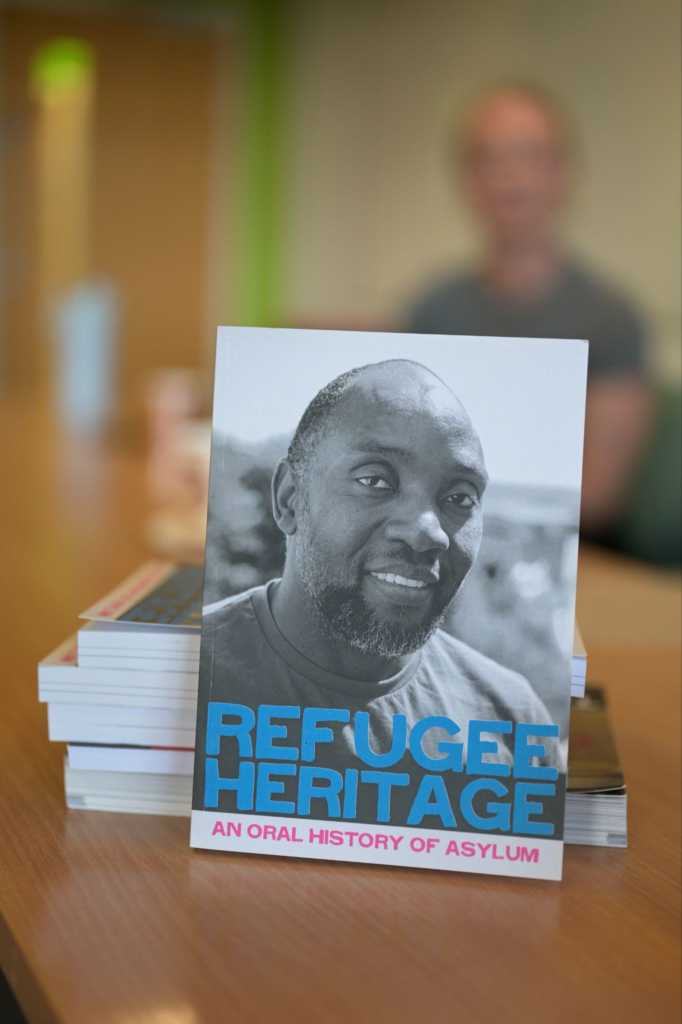


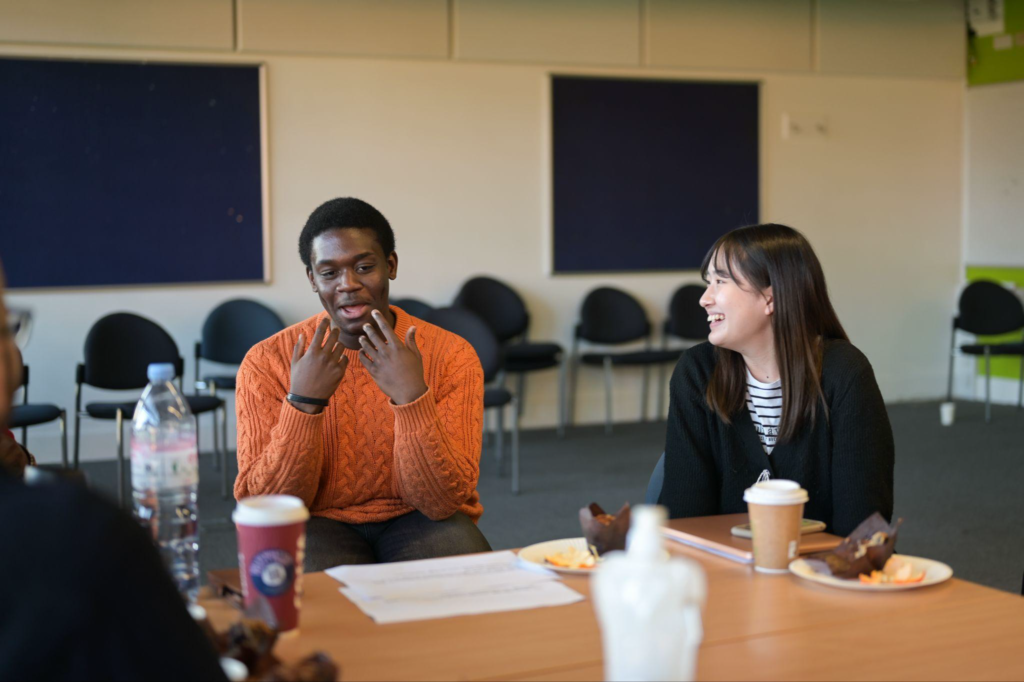
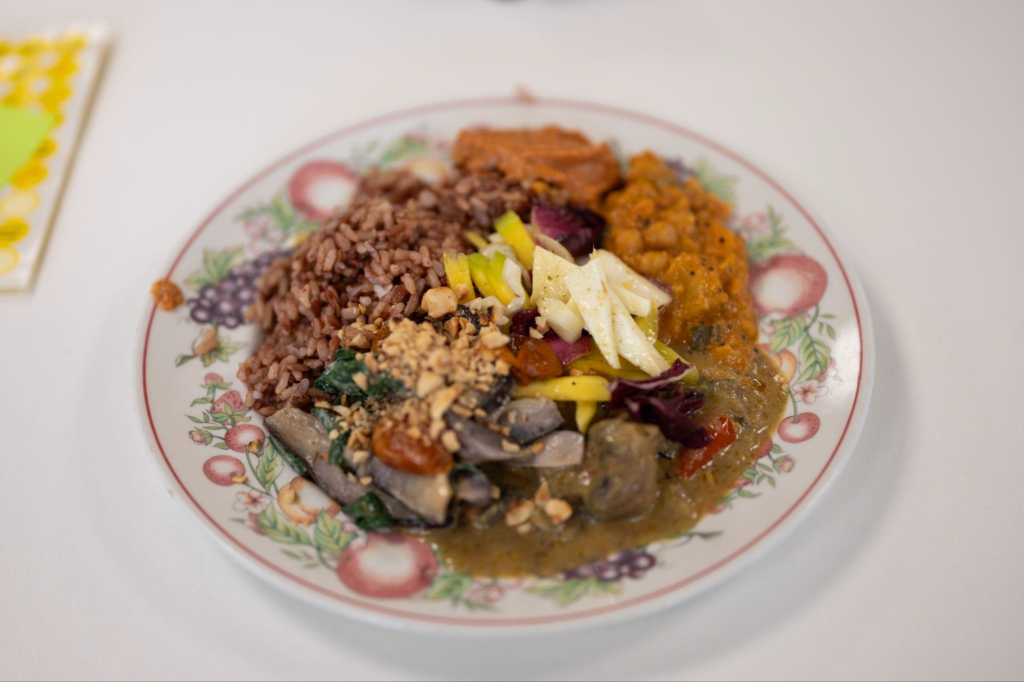
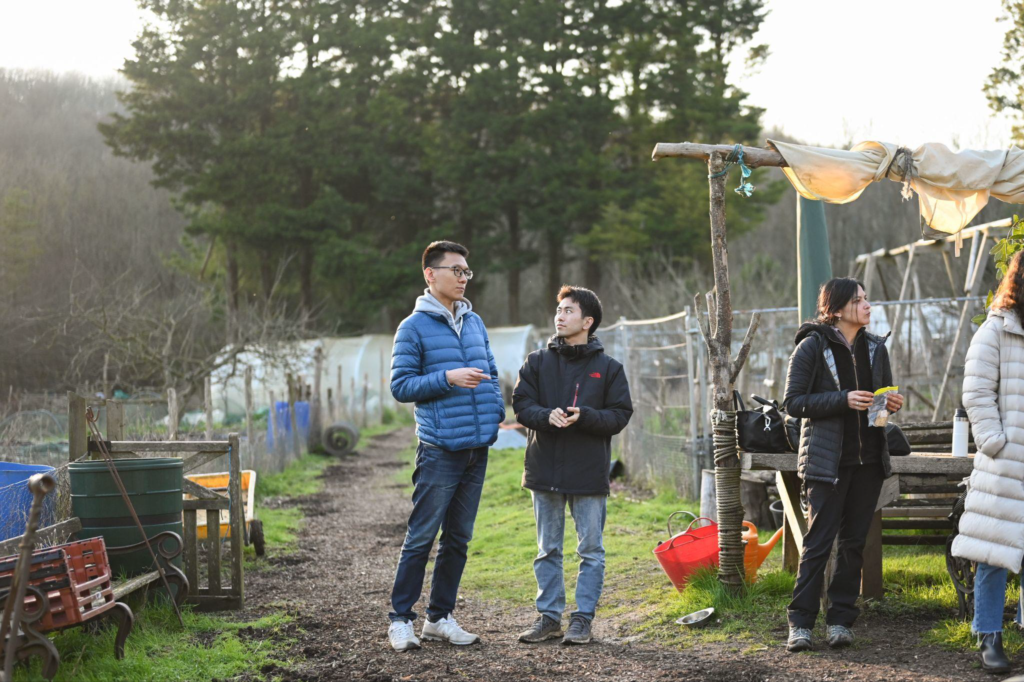
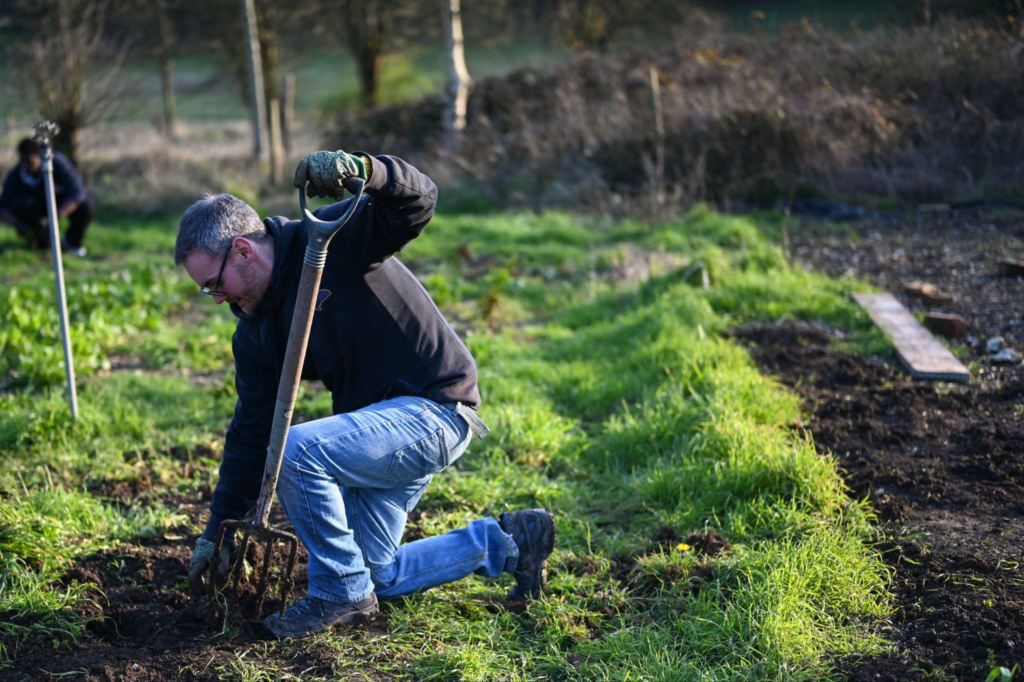

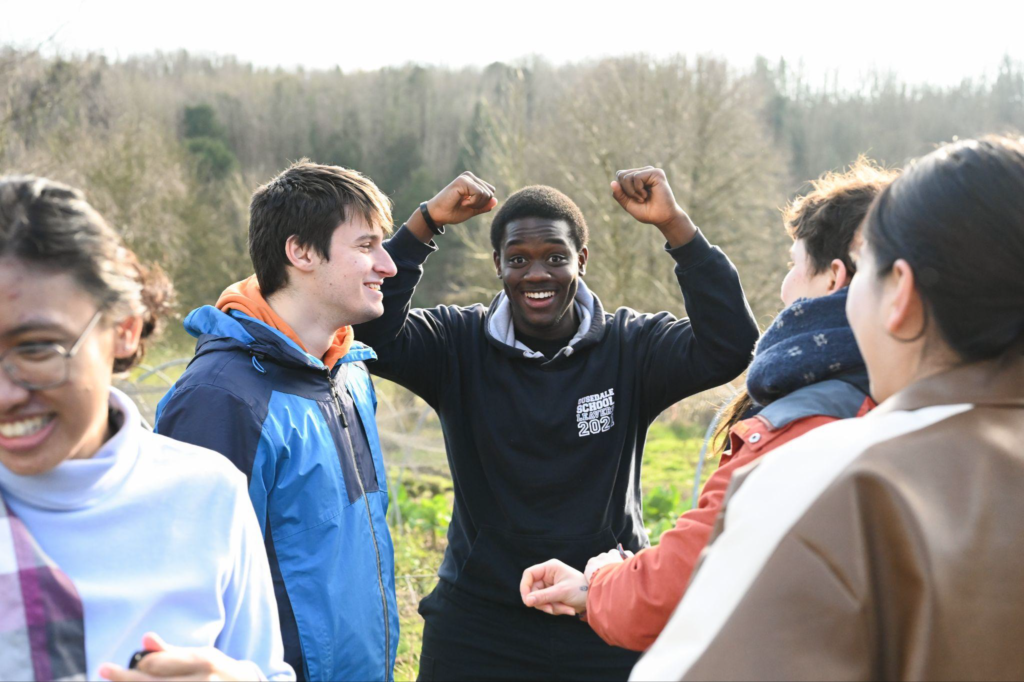

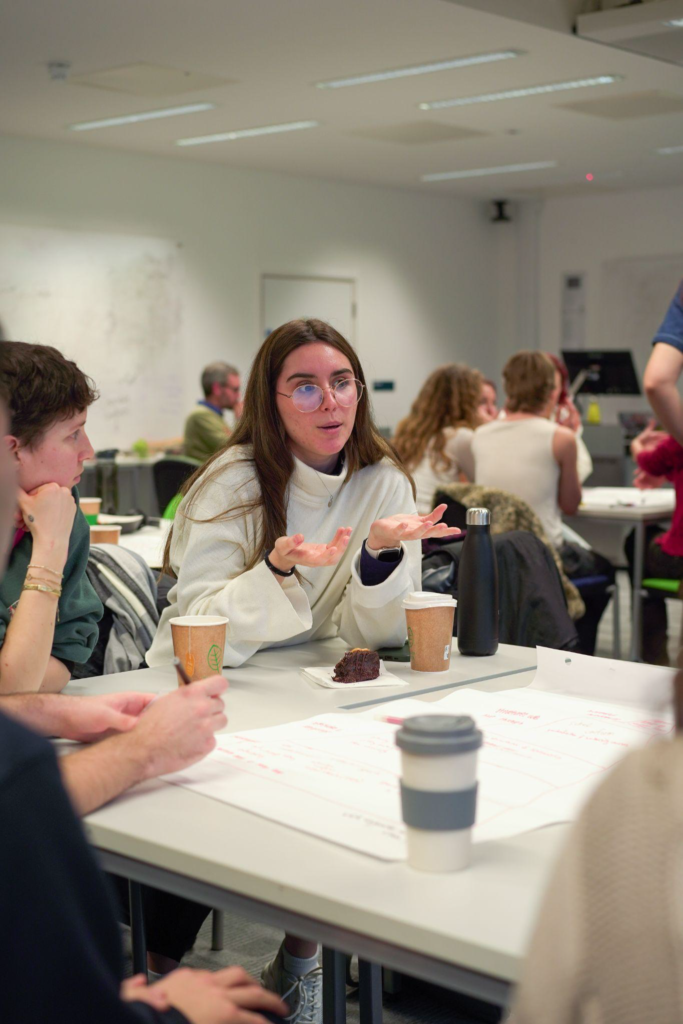
[…] winning project has generated one blog post for the School of Global Studies and one video titled Critical Hope in International Development […]